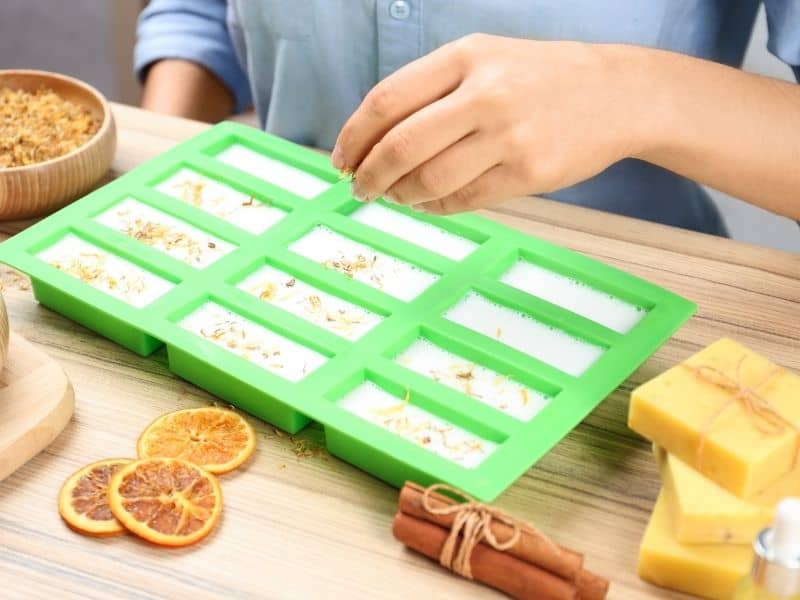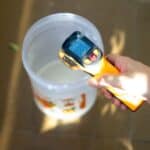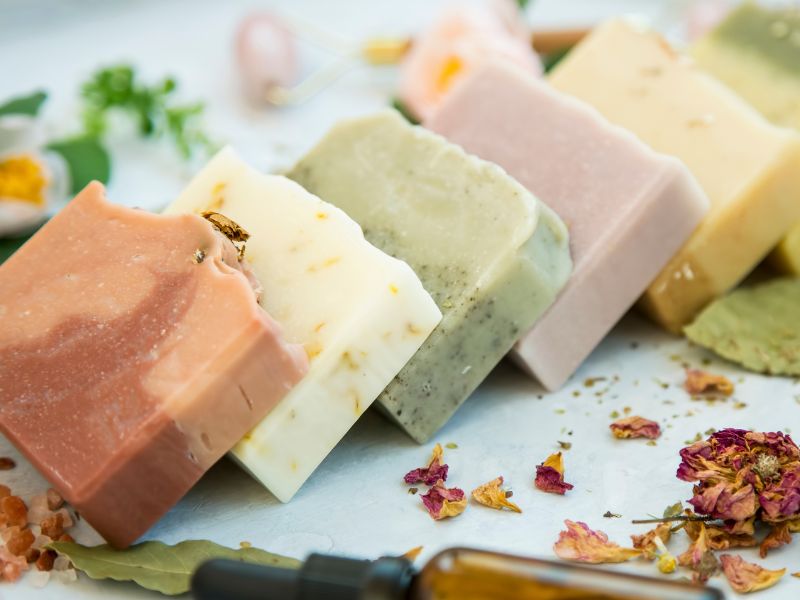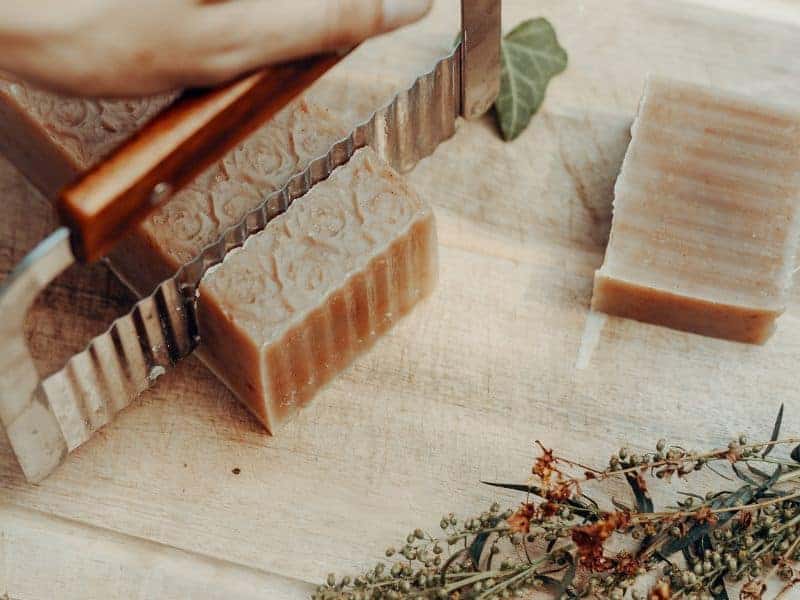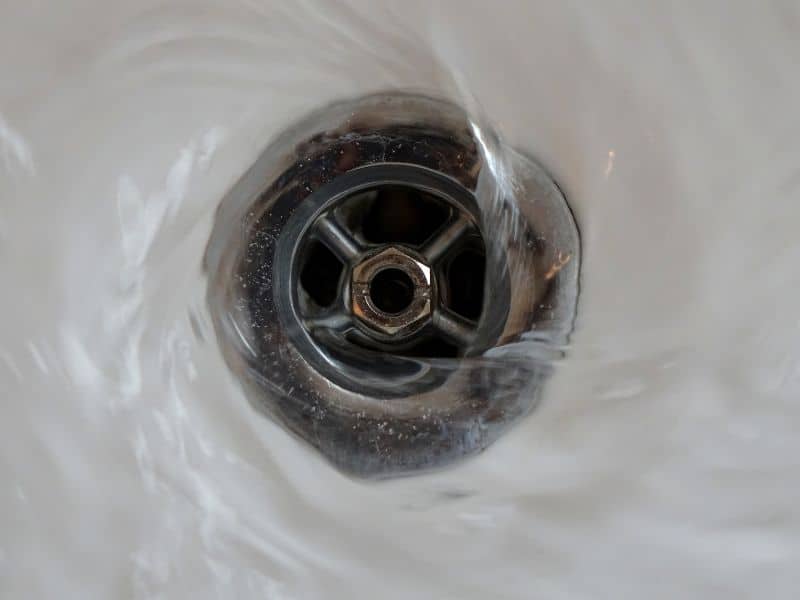Your homemade soap can be soft for various reasons, this type of soap-making-related issue is more frequent in cold process soaps.
If soap is still soft after 24-48 hours, allow additional setting time. Softness may result from recipe ingredients, high humidity, or cool room temperatures. If the recipe had extra liquid ingredients then it can take extra time for them to evaporate and for the soap to begin to harden.
Cold process soaps require a lot of time and patience, requiring several days to harden and 4 to 6 six weeks to cure and remove the excess water thoroughly. Curing is what makes the homemade soap last longer when it’s being used.
It is important to note that the 4 to 6 weeks of waiting time is the hardest part of making your homemade soap; it is vital to check if your soup is still soft after 1 to 2 weeks to check if there is an issue.
Various factors can make your homemade soap too soft. Keep these causes in mind and save yourself the hassle of encountering these homemade soap issues.
Why Is My Soap Too Soft?
1. Too Many Soft Oils
Adding too many soft oils can cause your homemade soap to become soft and squishy. Most people use soft oils such as olive oil, castor oil, avocado, sunflower, sweet almond, safflower, rice bran, canola oil, etc., to make their soap.
Although it is important to note that the more soft oils are added to your soap formula, the higher the chance that your soap will become softer. While these oils are soft oils, olive oil and castor oil can make your homemade soap form and shape harder. However, using too much castor oil can make your homemade soap sticky.
To fix the issue of your soap having too many soft oils, be sure to keep the soft oils you use for your homemade soap well calculated and formulated to avoid softening and give it the right amount of days to harden before attempting to remove it the mold.
2. Too Much Fragrance Oil
Too much fragrance oil can be a leading cause of soft soaps. Have you ever heard of a fragrance calculator? It is a handy tool that can help you calculate just how much fragrance oil you need for your homemade soap.
The fragrance calculator can calculate the amount of fragrance oil you should use and the amount that is safe for the skin.
Using a fragrance calculator on your homemade soap-making process is a great way to prevent fragrance oil issues that lessens the chances of your soap being too soft and ensures the soap maker’s accurate results.
3. Keeping An Eye On The Superfat Present In The Soap
The superfat percentage found in the homemade soap can also explain why the soap is soft. Sodium hydroxide is an essential factor that transforms the oils into homemade soap.
However, it is vital to note that not all oils saponify. Lots of soaps typically have a superfat content present in them, ranging from 1% to 7%. Adding more oils to a soap can help it have a more delicate appearance, but the drawback is that the soap can lose its hardness, making it soft. If your homemade soap has more than 7% of superfat, it would most likely feel soft even after letting it harden for 4 to 6 weeks.
To remedy this, be sure to keep on the superfat present in your homemade soap and make sure it is less than 7%.
4. Too Many Additives
Soap with colorants and fragrance oils adds more flavor and personality to the homemade soap, but having too much of these can add to the superfat mentioned above and could make your soap soft.
If you are planning to add colorants to your homemade soup, be sure to use less oil during the process not to surpass the 7% superfat the soap will have to avoid softening.
5. Too Much Water
One of the possible reasons your homemade soap is soft and squishy is that you may have added too much water, giving it a mushed feel and appearance.
It is essential to use just the right amount of water when making your homemade soap to avoid making it soft, be sure to follow a recipe guide and not use too much liquid.
How To Fix A Soft Homemade Soap?
Before you try and attempt to fix your soft batch of homemade soap, it is essential to try and determine what problem or issue caused this batch of soap to be soft and mushy.
Not identifying how these homemade soaps became like this could give you the unlucky chance of failing on the second try and making them soft again.
Here are some remedies you can do to prevent or fix your soft homemade soap issues.
1. Rebatching
Starting from scratch and using your previous ingredients and materials is an excellent way to achieve the perfect homemade soup.
Re-batching your soap after identifying what’s wrong gives users the chance to reuse and finish their ingredients while gaining experience on how to make their homemade soaps better.
If the soap is too soft and mushy, re-batching is the best remedy to try.
2. Use Hard Oils
Soft oils are great options for your homemade soap, but they can easily cause your soap to be soft and mushy when overused or done wrong. Hard oils are significant in terms of giving a certain level of hardness and longer shelf life when it comes to soap.
Hard oils can also help fasten the hardening process of your soap, but this would depend on the hard oil percentage used during the making of the soap.
3. Lye Discount
Usually, soaps have a lye discount of around 1% to 7%. If the lye percent is high, your homemade soap would be soft and mushy. Keep the lye percentage at 5% to keep the homemade soap robust and gentle.
4. Use Molds
Wooden molds are great options that help the soap harden better. Wooden molds help fasten the hardening phase of the soap, helping the homemade batch achieve a faster gel phase which makes hardening faster.
5. Keep Your Formula In Check
Be sure to follow a guide and have the right ingredients and percentage when it comes to soap making.
Having too little or too much of certain oils and ingredients can significantly affect the result of your homemade soap, so it is essential to be mindful of the amounts and percentage of the ingredients you will be using during the batch-making process.
6. Reduce Water
Depending on how much soap you are aiming to make, reduce the water you are using. Reducing water helps with the unmolding process of the soap.
Frequently Asked Questions
There are many reasons why soap can be too soft. It could be that you are using too much oil, your soap has too much water, you have added additives like colorants or fragrance oils, or you are not using a mold.
You can try rebatching your soap, using hard oils, reducing the water content, or using a mold.
Soap can be made too soft by adding too much oil, adding colorants and fragrance oils, adding too much water, or not using a mold.
Conclusion
Making soap is an excellent way to have a gentle and robust soap that can be used for many purposes.
However, if your soap is too soft, there are ways to remedy this issue so that you can still enjoy your homemade soap.
Be sure to follow a guide, use the right ingredients, and measure the amounts of each ingredient precisely to avoid having a batch of soap that is too soft.

